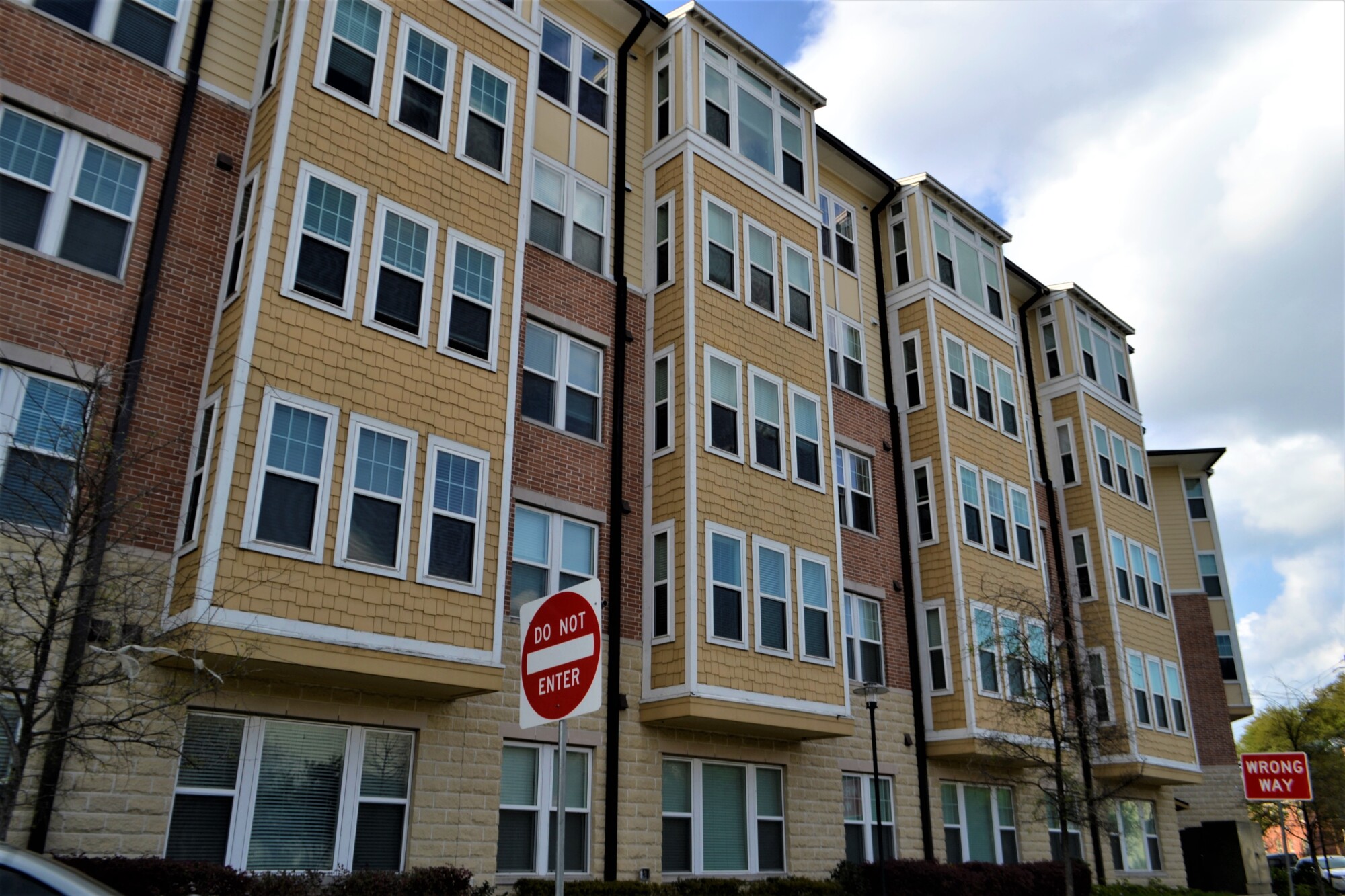Section 8 housing is a $17 billion subsidy program from the federal government's Housing and Urban Development program and by local housing authorities. It provides low-income rental assistance through the private housing market. Rental income can often be higher and the availability of tenants increases by participating in the program.
Landlords can make good and steady money because a portion of your rental income comes directly from the federal government.
This article will inform you what it takes to become a Section 8 landlord, the responsibilities of collecting rental payments, and the advantages and disadvantages of the program.
Becoming a Section 8 Landlord
Do you need a license? What about taking a test or sitting through a seminar about how to become a Section 8 landlord?
There are a few things you should know about how the process works with these tips on Section 8 and what a property management company will do to make sure your investment is successful.
The First Steps of the Process
You do not need to fill out any special paperwork to become a section 8 landlord, but you will need to screen the tenant before the process begins. Should you choose to accept a Section 8 voucher, an inspection is then scheduled to make sure everything is working order and then the tenant signs a lease agreement.
For the most part, landlords do not have to accept Section 8 tenants, but in Oregon and Washington, landlords have no choice. In other places, local laws may force you to accept Section 8 vouchers especially in areas where low-income housing is in great supply. It's is best to check the laws of your state and locality.
You should keep any and all paperwork should you be sued for discrimination, especially because you are taking government money.
Rental Payments
The government deposits rental payments at the same time every month, so your rental income is always guaranteed.
However, because the government does not pay all of the rent, you become responsible for collecting the remainder of the money.
Advantages and Disadvantages
As with anything, there are advantages and disadvantages to these types of programs. Landlords can see great benefits, but there can also be challenges to these types of housing rentals.
Advantages
Being a Section 8 landlord increases the number of people who can be possible tenants. Many people simply can't afford rent. You will likely fill your rental space faster because those participating in the Section 8 program have fewer choices.
Tenants typically stay longer because a portion of their rent is guaranteed, thus lessening the risk to the landlord.
You also get free advertisements of your rental through the federal government.
Disadvantages
Dealing with the government means paperwork and red tape meaning the move-in process can take longer. The Section 8 program also requires yearly inspections, which could mean your profits are consumed by constant upgrades and repairs.
Damage left behind is not covered by the government, so tenants are responsible for paying the bill. HUD does NOT pay security deposits.
Let Us Help
We cater to the rental market investor and use all of the things we've learned in the business to help you make smart choices and few mistakes.
Contact us and let us help manage your property rentals!














